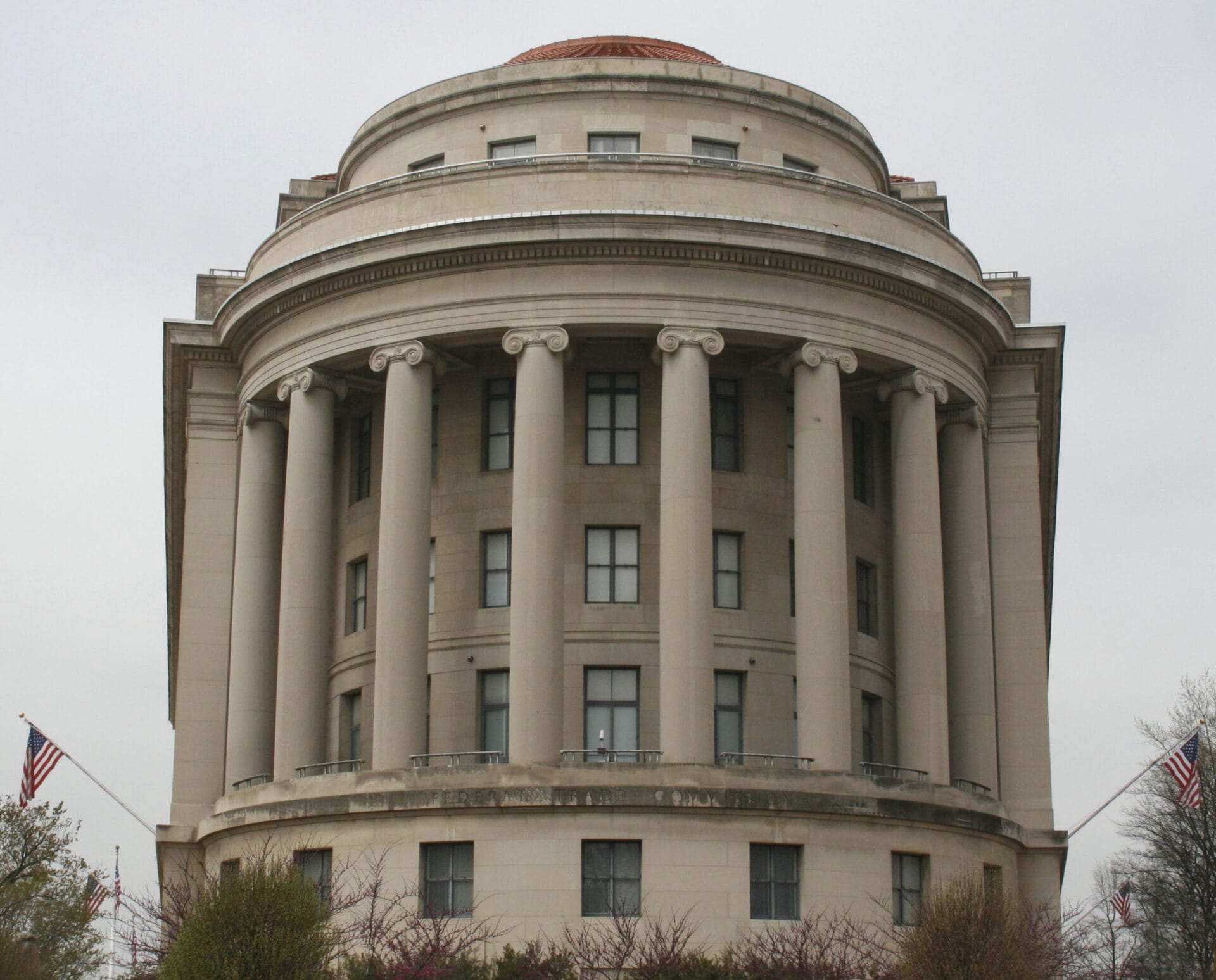FTC Files BOTS Act Suit Against Key Investment Group

“_MG_7348” by dbking is licensed under CC BY 2.0.
The Federal Trade Commission has officially filed suit against Key Investment Group (KIG), the parent company of a group of ticket resellers, for alleged violations of the Better Online Ticket Sales (BOTS) Act. The legal action arrives three weeks after KIG, the organization behind Totaltickets.com, Totally Tickets and Front Rose Tickets, filed an injunction to prevent the measure, which will be only the second enforcement of the 2016 law.
KIG is accused of illegally exceeding digital purchase limits for Taylor Swift’s “Eras Tour,” the highest-grossing tour of all time with well over $1 billion in ticket sales. Where the BOTS Act outlaws efforts “to circumvent a security measure, access control system, or other technological control or measure on an Internet website or online service that is used by the ticket issuer to enforce posted event ticket purchasing limits,” the FTC’s suit holds that KIG used means like false IP addresses, credit cards and phone numbers to “purchase at least 379,776 tickets in just over a year.” The $57 million that the organization spent translated to over $64 million in hiked second-hand sales.
“For just one Taylor Swift concert, the defendants allegedly used 49 different accounts to purchase 273 tickets, dramatically exceeding the Eras Tour’s 2023 six-ticket purchase limit per event. They then resold those tickets at a significant markup,” the suit submits, per Pollstar.
The FTC’s suit landed in the wake of President Trump’s March executive order on ticketing, which declared that the administration will use “all lawful authority” to combat price gouging and encouraged the FTC to “rigorously enforce” the BOTS Act. KIG’s earlier injunction outlined that the FTC began investigating the company in December 2023 and sent a draft complaint only minutes after the executive order was issued.
“President Trump made it clear in his March Executive Order that unscrupulous middlemen who harm fans and jack up prices through anticompetitive methods will hear from us,” said FTC Chairman Andrew N. Ferguson. “Today’s action puts brokers on notice that the Trump-Vance FTC will police operations that unlawfully circumvent ticket sellers’ purchase limits, ensuring that consumers have an opportunity to buy tickets at fair prices.”
KIG has argued that its practices are outside the scope of the BOTS Act and implicitly allowed by the primary ticket vendor Ticketmaster. “The FTC believes the ticket limits set forth by the primary ticket issuer apply on a company level and not individual,” the organization’s injunction asserted. “The FTC’s novel interpretation of the BOTS Act would make many consumers and most companies – including nearly every Fortune 500 company – in violation of the law.”
As for the use of pseudonyms, sim-swapping and IP-masking, KIG’s suit argues that Ticketmaster’s failure to curb known deceptive practices amounts to an endorsement, the company declared. “Ticketmaster is and has been at all times aware of Key Investment Group’s use of multiple accounts, some of which use pseudonyms,” the suit declares. “Ticketmaster has both expressly and impliedly authorized KIG’s use of same.”
The BOTS Act was signed into law in 2016 as the first major legislation to target ticket scalping and widespread efforts to circumvent purchase control in the secondary ticket market. While the landmark act signalled a turning point in public frustration with predatory practices in the live event industry and foreshadowed further government intervention, including the TICKET Act currently awaiting review by the Senate and the FTC’s Junk Fees Rule in 2024, it has been enforced by the FTC only one time so far. Read more about the BOTS Act here.




















